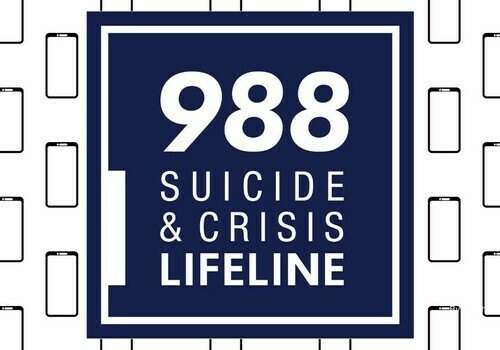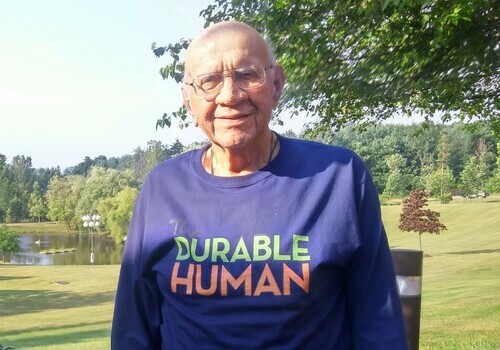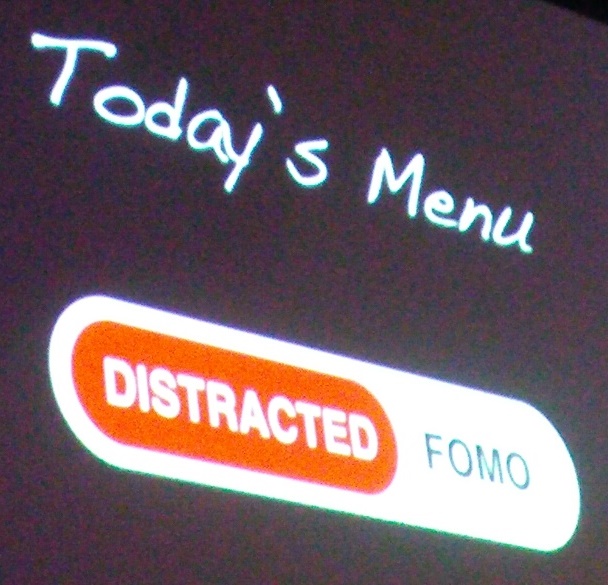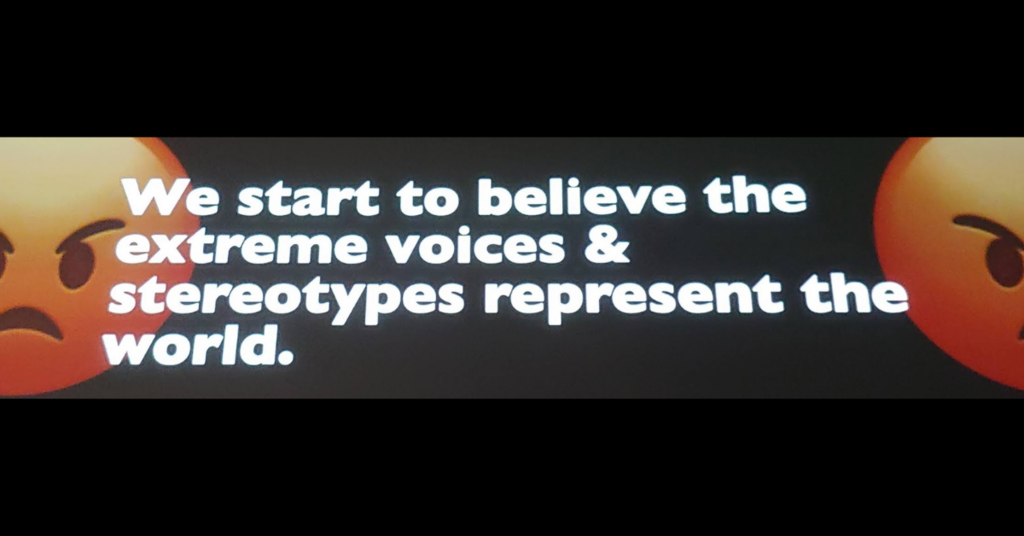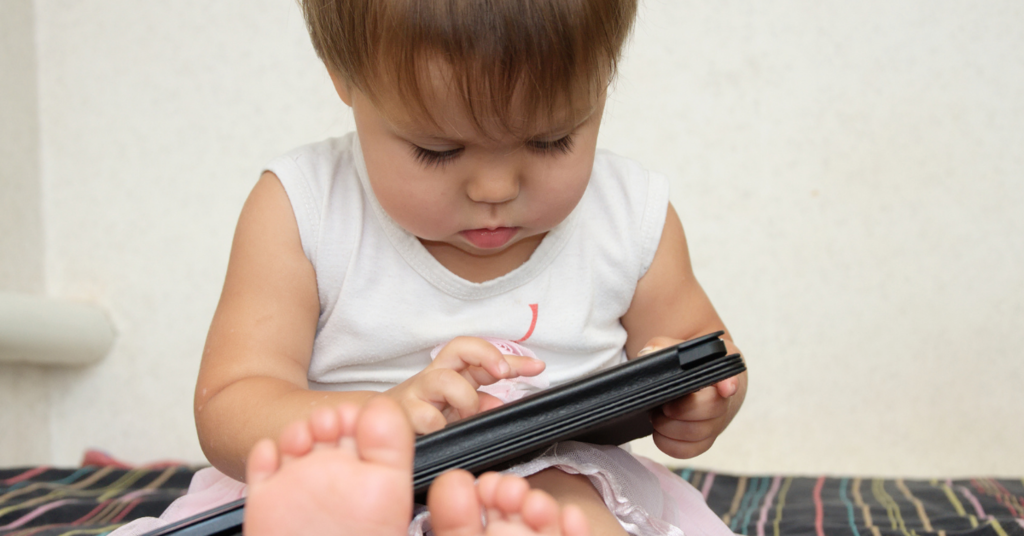
With the arrival of ChatGPT, one of the biggest worries in education is if students will ever be honest again. Victor Lee of Stanford Graduate School of Education has seen new data on the practice of cheating. His bottom line: “Pandora’s box didn’t get opened.”
The non-profit Challenge Success education research group polled kids at 3 different types of high schools. Cheating remains at about the same hefty rate it was before chatbots: about 60%. Among public school kids, the cheating rate has even dropped a little.
Regarding ChatGPT and writing, turns out that students—like all of us—know about the chatbot, but many choose not to use it.
As Lee told the Children and Screens Digital Media and Developing Minds Scientific International Congress, “Students do know about it, but they are exercising restraint.”
At this point, students mainly use a chatbot to get started on a paper or make a summary. As Lee says, “It might help [students] write an abstract, but not the entire paper.
How Students Can Write with AI
Much-respected linguist Naomi Baron followed Lee’s setup at Children and Screens. The American University emerita professor is not too pessimistic. She believes humans can be thoughtful as well as sentient.
The key is “to think about writing and why we do it,” as she tells her students. ChatGPT can be part of the process.
Baron comes from a position of respect: that students who have basic writing skills will have enough self-respect they won’t automatically hand over their expressive capabilities to the large language overlords.



